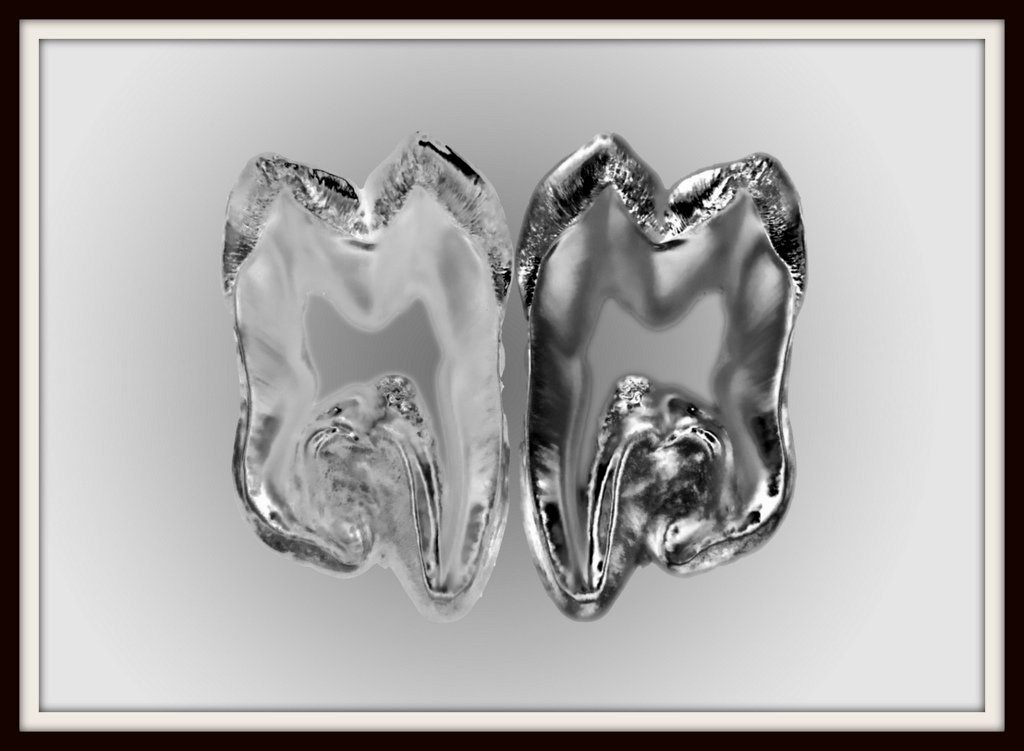Nutrition and Dental Health
Nutrition plays an exceptional role in oral health. You might remember from childhood that too much sugar and not enough brushing is one of the biggest barriers to optimum dental health and wellness. The first line of defence, after cutting down on sugars, is to immediately brush the teeth, but we also recommend that you try to cut as much sugar from your diet as possible.
When you visit our experienced holistic dentists at Lane Ends dental Practice, One of the first things you will experience is a process that includes getting to know your nutritional habits, preferences and supplementary practices. We want to make sure that you know what foods to avoid, which vitamin and mineral deficiencies to be aware of, and the special considerations to take into account if you choose vegetarian lifestyle.
Carbohydrates & Tooth Decay
The role of carbohydrates has often been misunderstood. Our bodies need complex carbohydrates to supply energy, maintain blood glucose, spare protein, burn fat for fuel, and provide bulk in the form of fibre in the diet. On the other hand, refined carbohydrates are only white flour or sugars, and lack other important nutrients. Incorporating complex carbohydrates such as fruits, vegetables, whole grain cereal, crackers, wheat bread, brown rice, and whole grain pasta into the diet will supply the necessary fibre requirement (25-35 g/day) needed to maintain a healthy blood glucose level.
By cutting back on simple carbohydrates, the rate of dental caries can be reduced. Simple sugars are found in many foods and have many names. Some of these are table sugar, corn syrup, honey, molasses and dextrose. By reading labels on food products, you can limit foods high in sugar and reduce the risk of dental caries. Bacteria need carbohydrates for food. Sucrose (table sugar) is the carbohydrate bacteria prefer. However, other simple carbohydrates, such as fructose, lactose and glucose, are easy to ferment and also support bacteria growth.


Categories of Decay Potential of Certain Foods
High Potential for Decay – Dried fruits, hard and soft candy, cake, cookies, pie, crackers
Moderate Potential for Decay – Fruit juice, sweetened canned fruit, soda, Gatorade, breads
Low Potential for Decay – Raw vegetables, raw fruits, milk
Very Low Potential for Decay – Meat, fish, poultry, fats, oils
Ability to Stop Decay – Cheeses, xylitol, nuts
Beneficial Food Supplements for Oral Health
In keeping with our whole body approach to nutrition and dental health we have prepared a list of known natural ingredients and supplements known to aid in oral and dental health:
- Vitamin D helps Calcium 7 Phosphorous absorption, builds skeletal bone and teeth.
- Vitamin A forms oral tissues, enhances immune system & helps wound healing.
- B complex vitamins help formation of new cells, and are a cofactor for nutrients.
- Protein supports growth of cells, resists infection and makes antibody.
- Vitamin C aids in collagen formation, promotes capillary integrity & enhances immune response
- Coenzyme Q10 promotes gum healing and cell growth.
- Zinc plus Copper enhances immune function.
- Vitamin E is needed for healing gum tissue.
- Aloe Vera Gel eases inflamed gums and soothes the tissues when applied directly to the affected area.
- Echinacea keeps inflammation down and enhances immune function.


